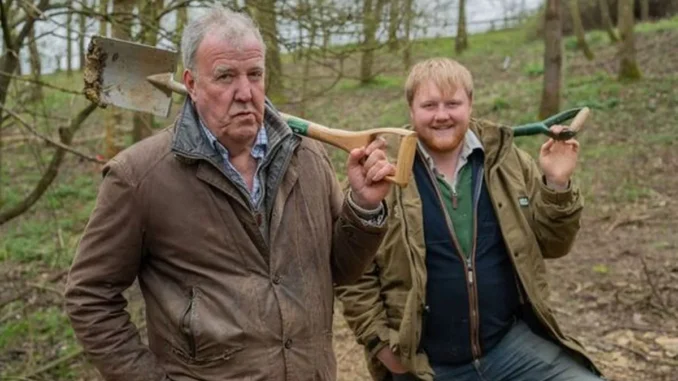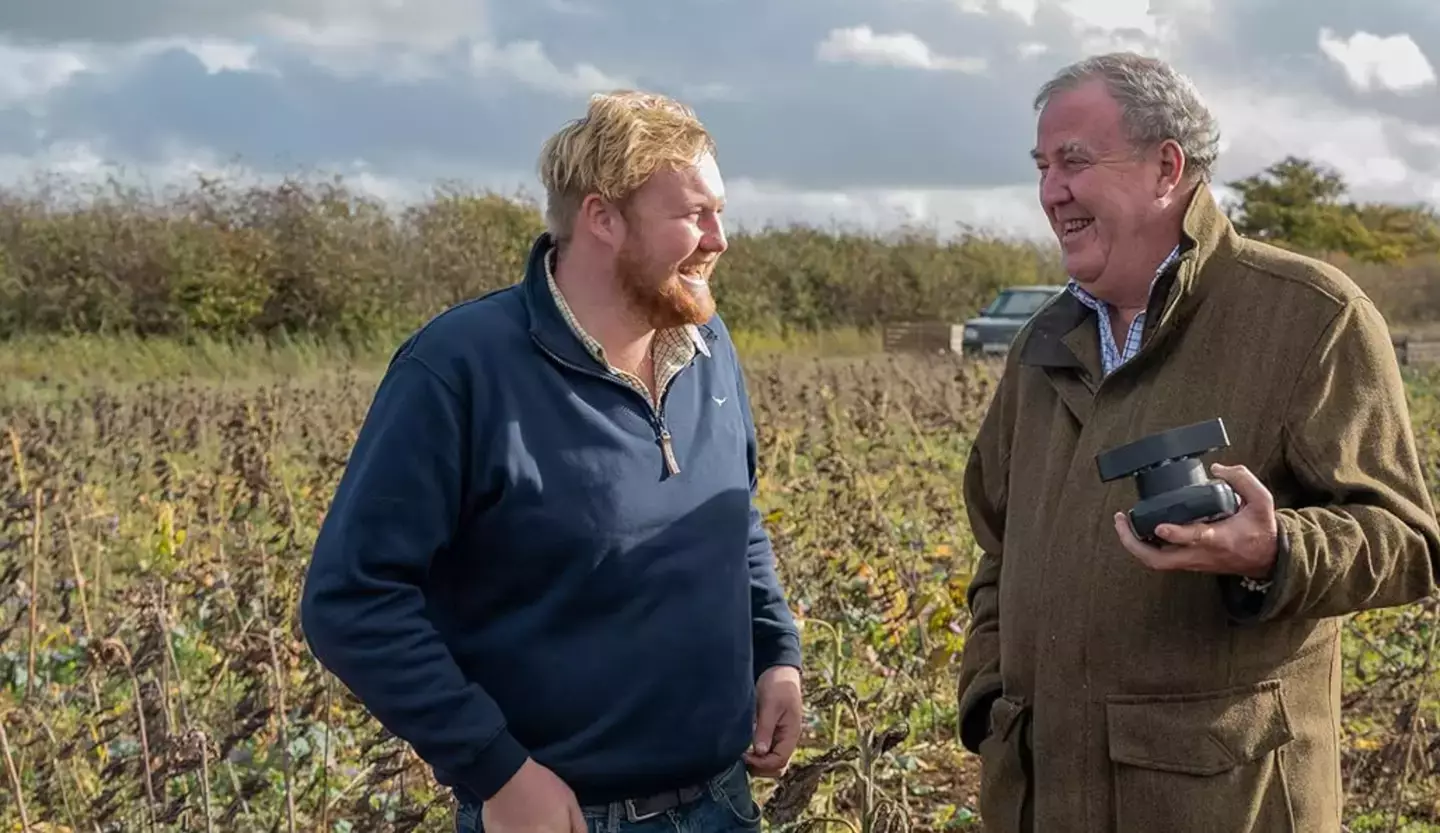
The impact of Clarkson’s Farm has been revealed by Jeremy himself
Jeremy Clarkson has made an honest confession about running Diddly Squat Farm, and it’s one that he says would make environmentalist Greta Thunberg ‘furious’.
TV presenter and journalist Clarkson, 64, has been running the 1,000-acre Cotswolds farm since 2019, following the retirement of its farmer. Having owned the farm since 2008, he’s spent the last half a decade working as full-time as he can on the plot while managing his continued TV career on the likes of Who Wants To Be A Millionaire and The Grand Tour.
With Amazon Prime Video showcasing Jezza’s farming exploits in three seasons of Clarkson’s Farm, his drastic career change has been loved by millions of viewers across the United Kingdom and further afield.
And every so often he will directly tackle the new direction of work he’s undertaken outside of the show, such as through his weekly column for The Sunday Times.
Known for not shying away from an opinion, his latest column looks at the big difference viewers can expect to see covered in season four of Clarkson’s Farm, which is currently being filmed as we speak.
But it also shines a particular light on the environment; specifically the environmental impact of farming.
Criticising the political decision making around going net zero – which is where carbon emissions are negligible or offset in other ways – Clarkson writes: “If you have to go through life producing no carbon dioxide, it means you will be cold, lonely, poor, unhappy and covered in weeping sores.”

His attention then turns to revealing how much of an impact Diddly Squat Farm has been having on the environment through emissions. And it doesn’t make for great reading.
“Ever since I bought my farm back in 2008 we have used weedkillers to keep the weeds at bay,” he explains.
“But weedkiller is now extremely expensive and possibly not that good for us, so this year we ploughed some of the fields. This old-fashioned system means the soil is turned over, so the weeds are buried and, owing to a lack of sunshine, die.
“That sounds rustic and bucolic and lovely, but I did some maths the other day and worked out that when it was pulling an eight-farrow plough, my tractor was using a gallon of diesel to cover 100 yards.
“You read that right. A gallon for 100 yards. That’s a lot of carbon.”

To put that in to context, the average petrol car achieves around 36 miles per gallon (mpg), while the average diesel car is 43mpg.
Clarkson adds: “Plus, the soil is a huge carbon sink and when I turn it over some of that carbon escapes.
So, in one day I produced more greenhouse gases than India, Brazil and China combined.”
Whether Clarkson was using a little bit of artistic licence in his comparison or not is not known, but the point he is making is clear as day when it comes to discussions what is achievable in the battle against climate change vs survival as a human race (e.g. producing food, as Jezza’s farm does).
“Greta Thunberg would have been furious with me,” Clarkson brutally added.
It comes as he revealed he is now using one-fifth of all his farmland to produce goods that we cannot eat, with a focus on natural fertilisers and off-setting environmental problems.
He says a focus on ‘environmental work’ is needed in order to secure government subsidies and, thus, the economic future of the farm.
